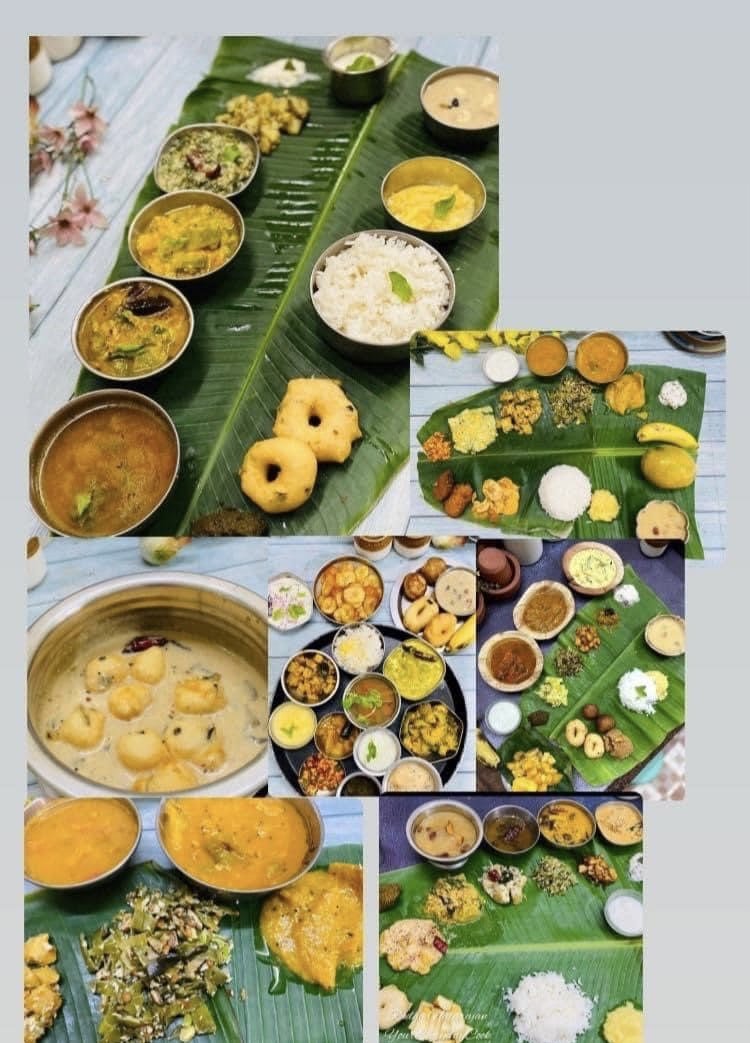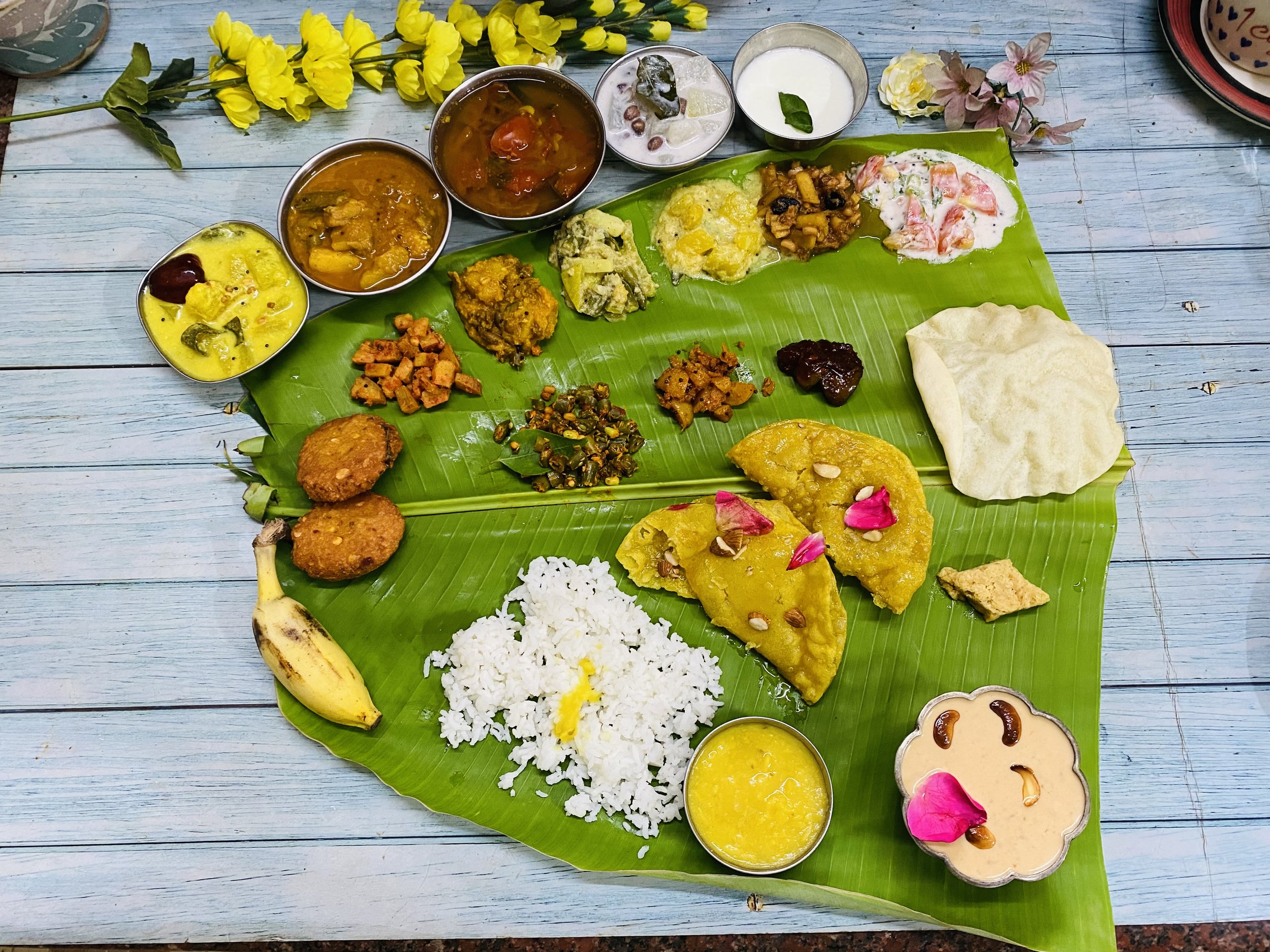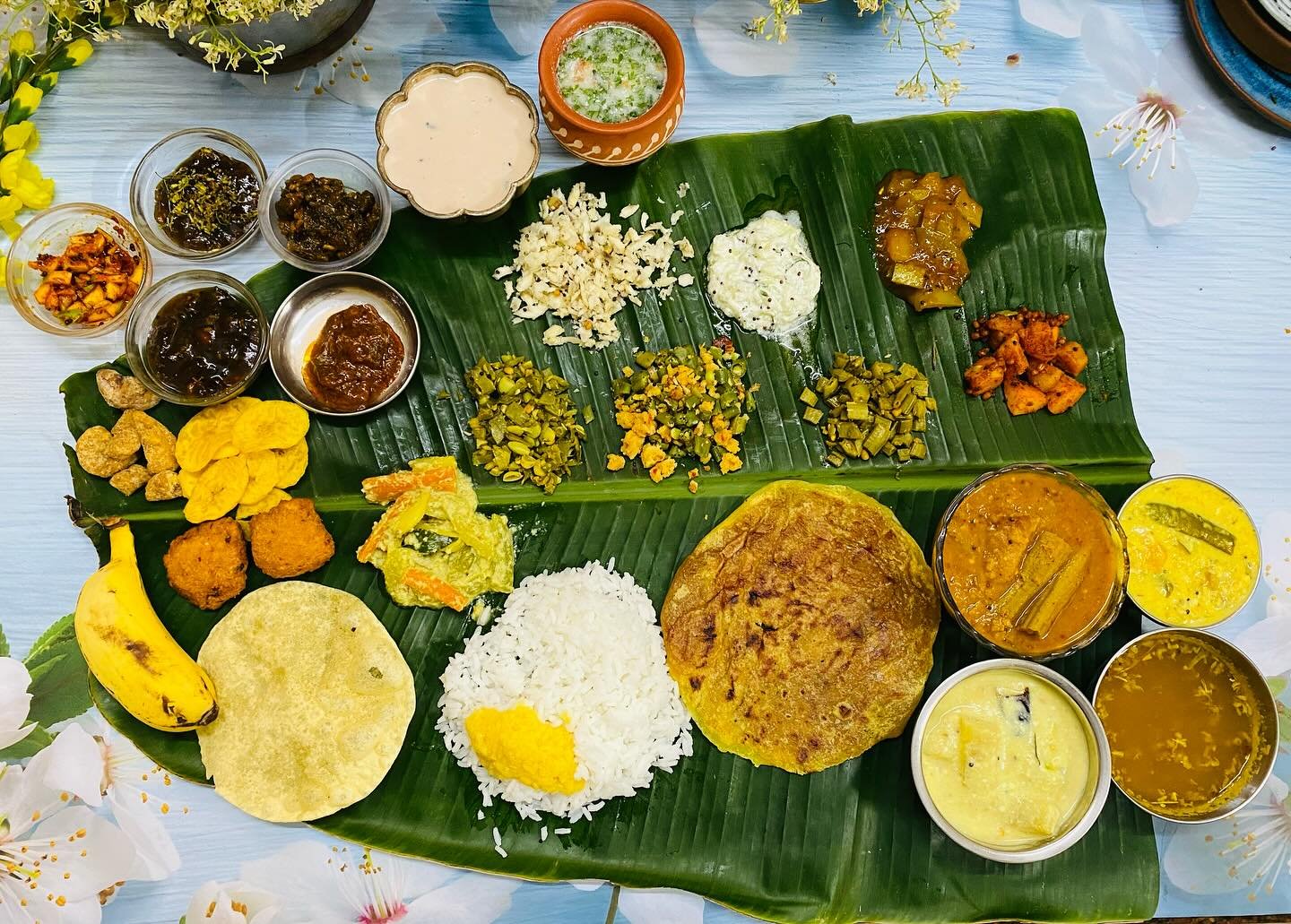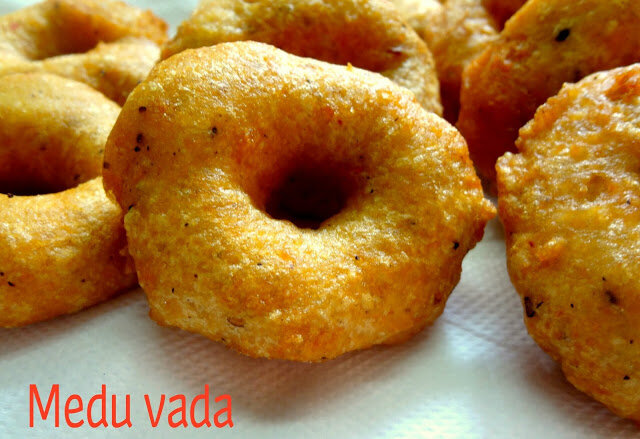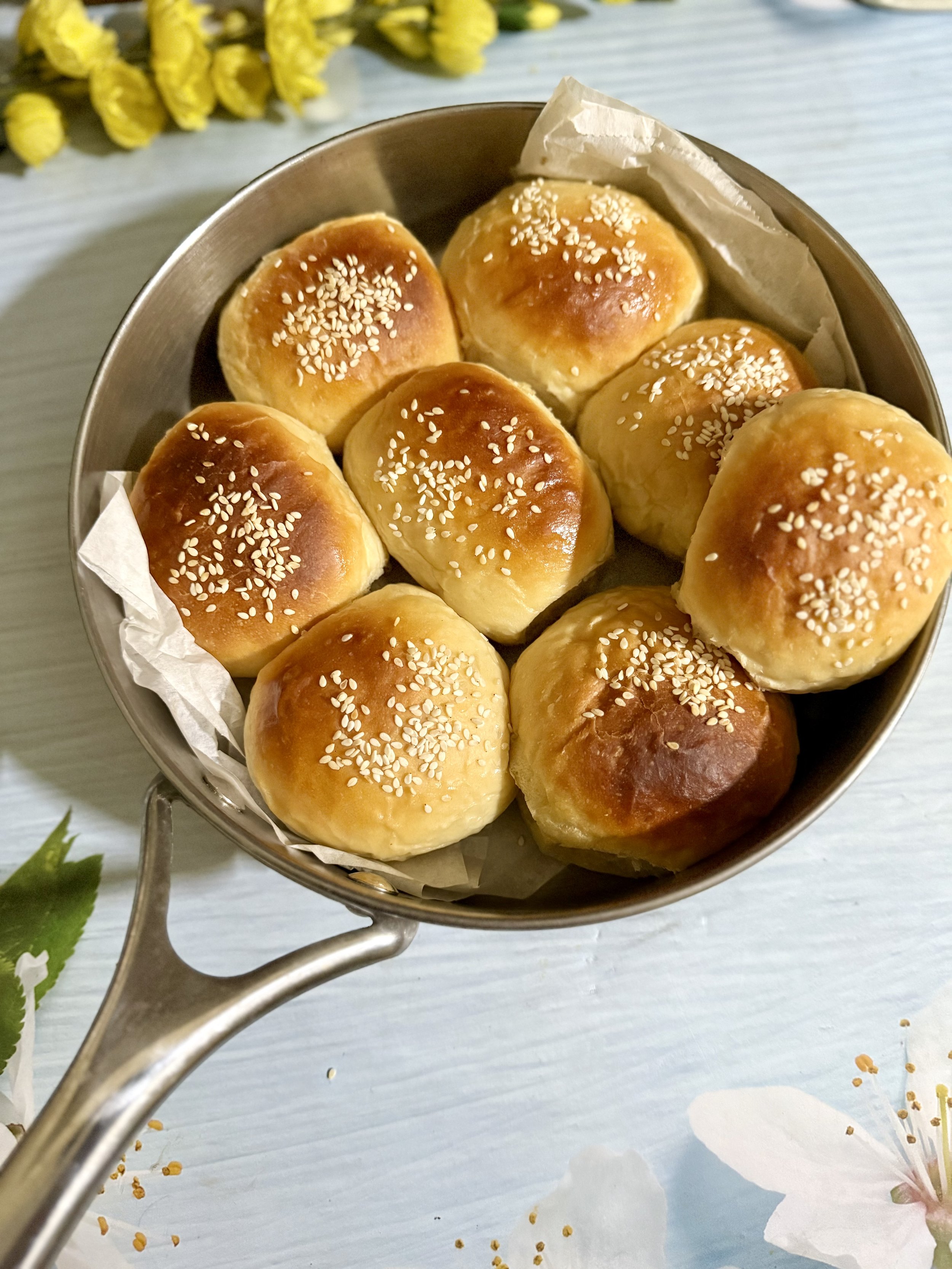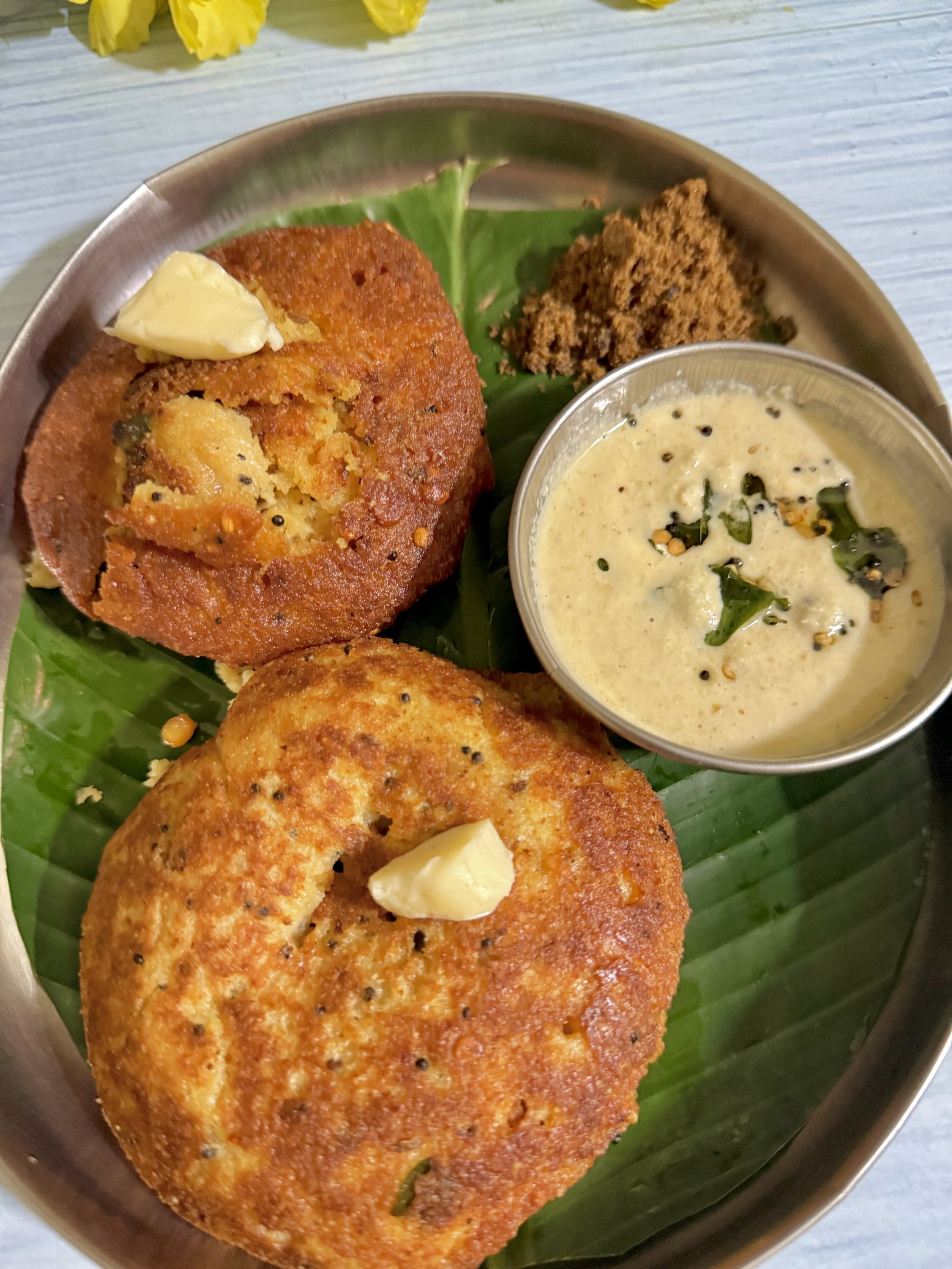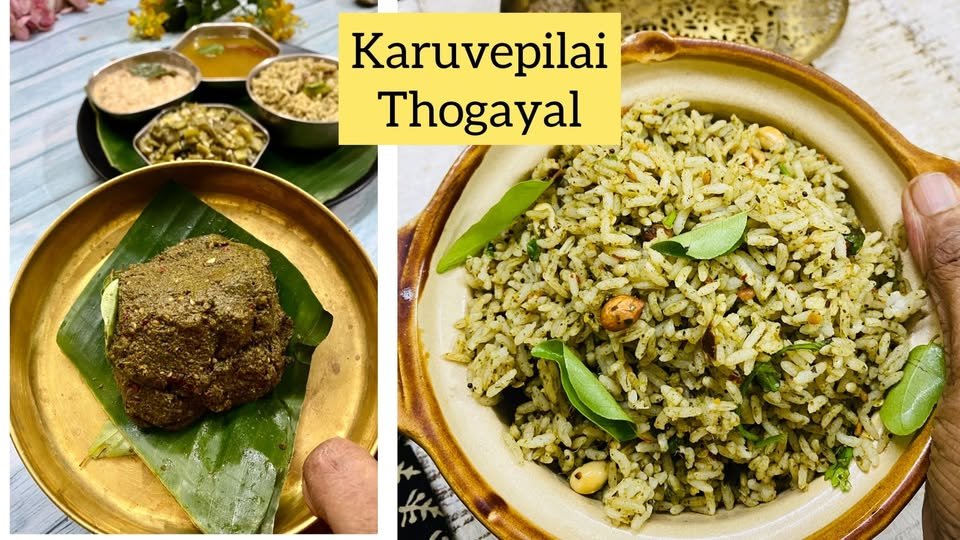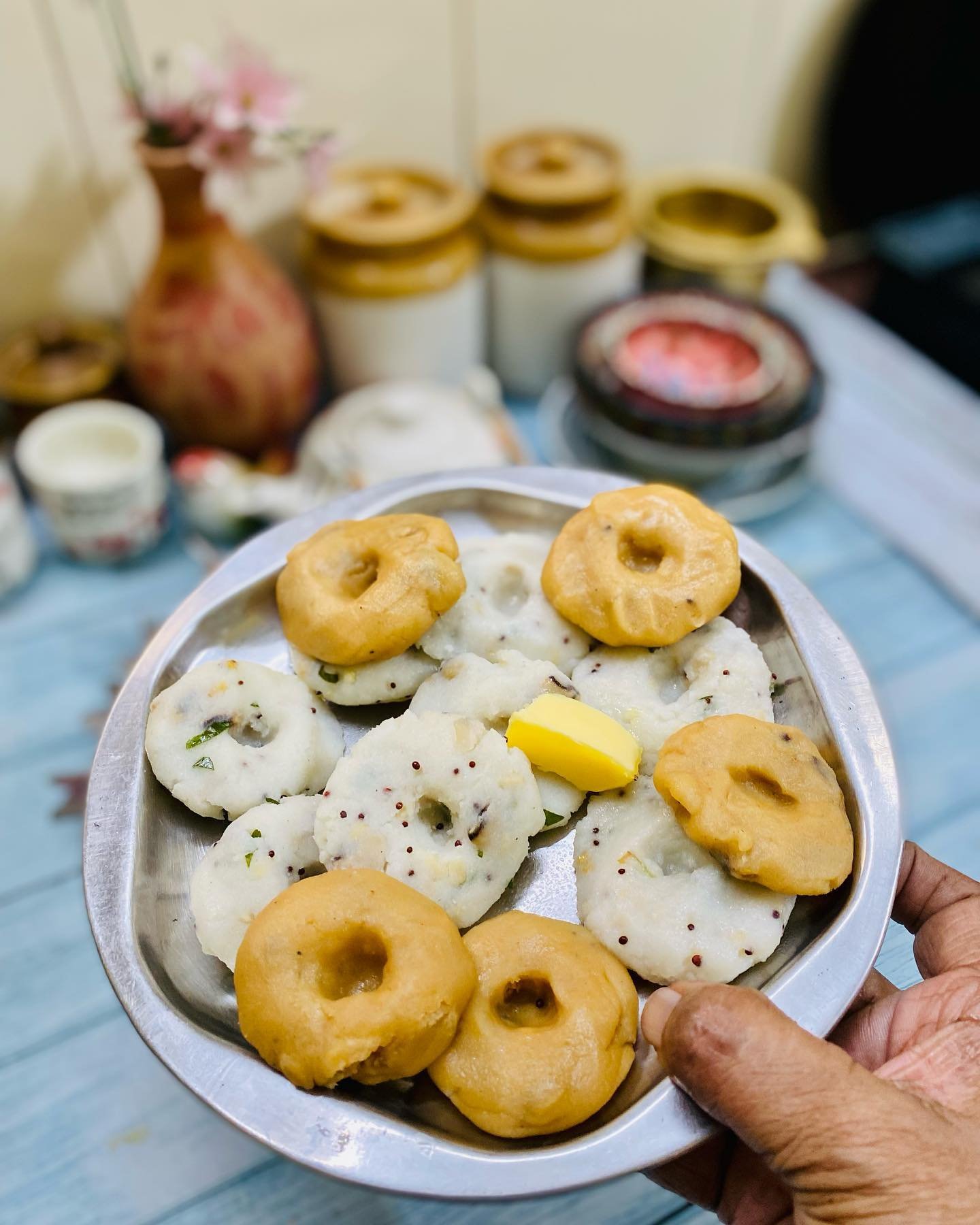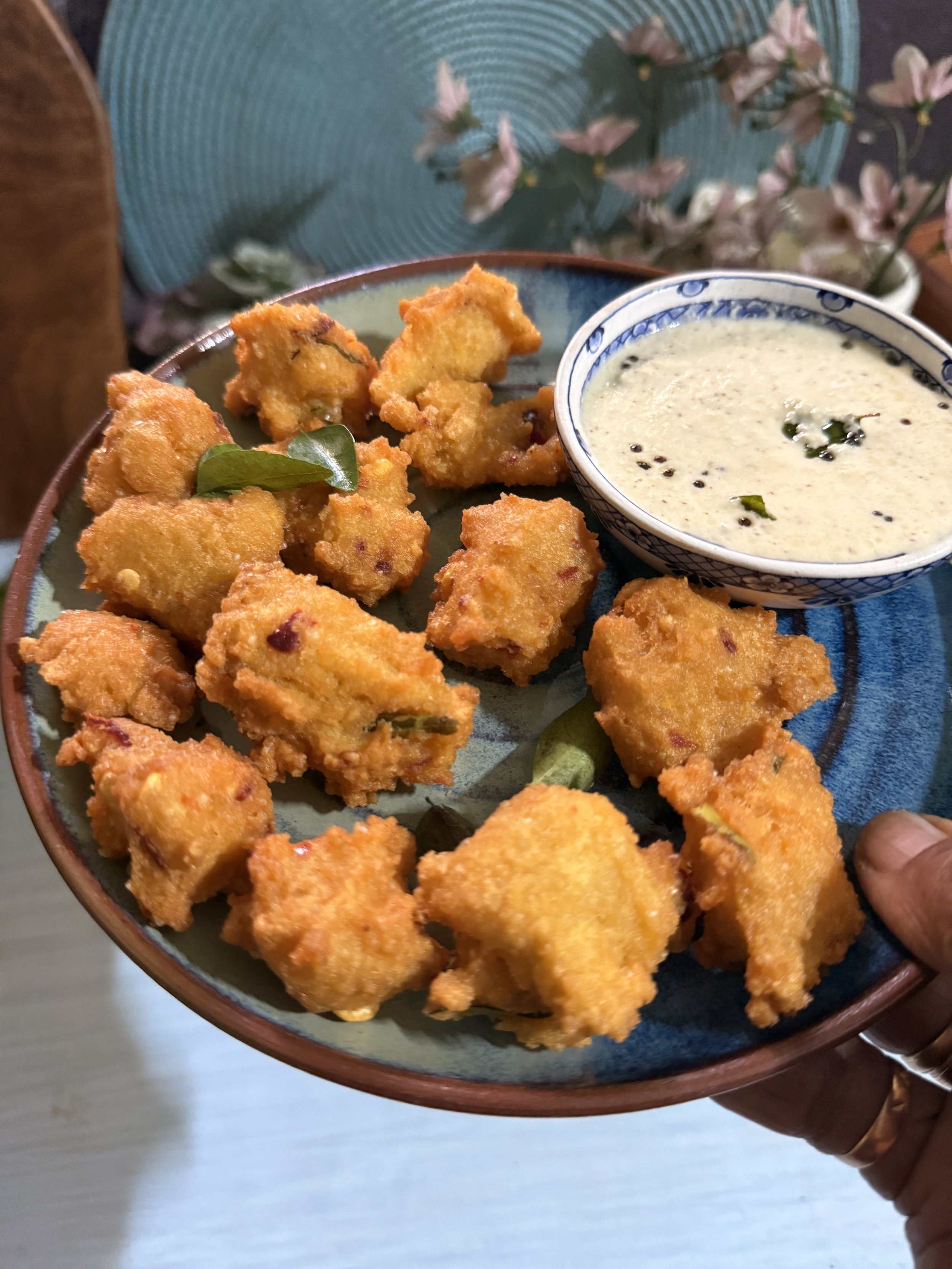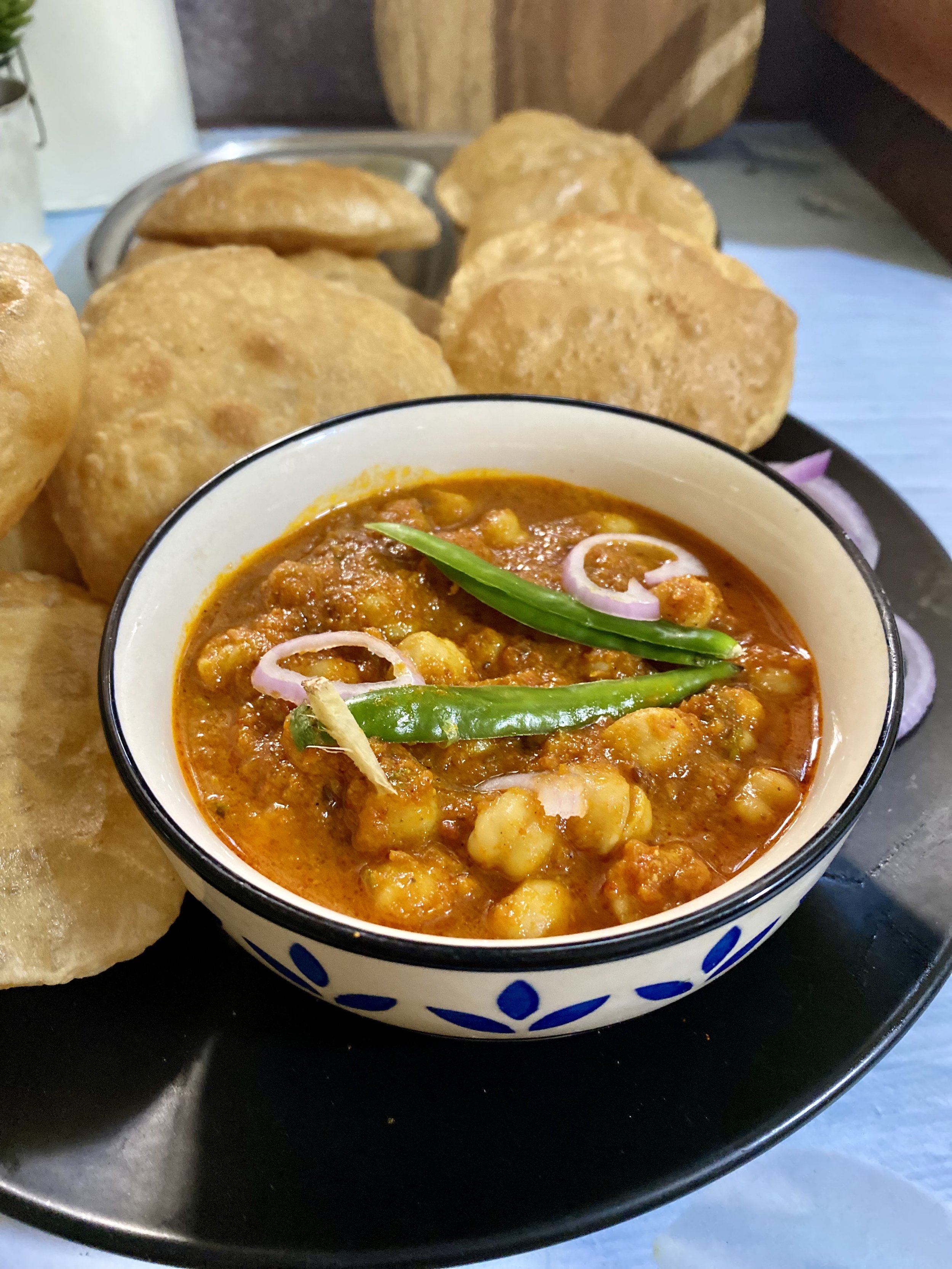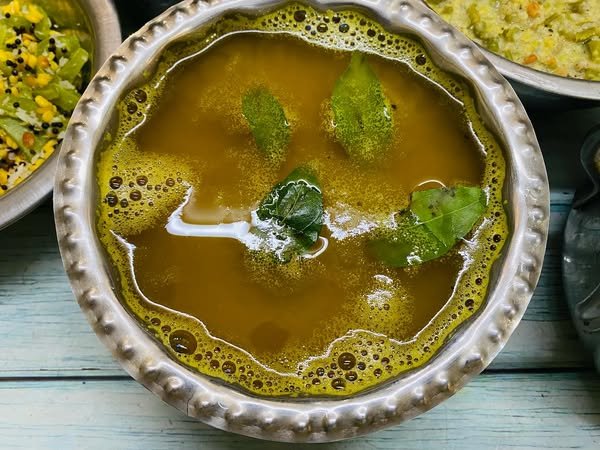Poritha Kuzhambu / Poricha Kuzhambu
Podalangai Poricha kuzhambu
Every once in a while we like to make quick meals without having to make several dishes as accompaniments as for sambar, rasam which needs a side dish to have with meals. Poricha /poritha kuzhambu comes to the rescue in a healthhy , nutritious way and one can easily satiate the appetite by having a quick lunch by mixing rice with the poritha kuzhambu and having some papads , raita or pachadi.
The variations are many and you can make this with one or more vegetables of your choice and it becomes very enriched.Good to serve to kids who come back from school and a nice way to sneak in as many veggeis of their choice.
Add a dollop of ghee to the hot rice while mixing this poritha kuzhambu and they will not complain. Serve them with some chips and the meal will not go waste.
Kootu and Poritha Kuzhambu are the famous Tamil meal either festival or even a daily lunch will consist of one of this dish.
Kootu in Tamil means to add i.e. vegetables added to lentils which form the dish, made of vegetable and lentils and are semi-solid in consistency The Tamil platter for meals usually has a sambar, rasam, kootu, poriyal , papad, pickle, curd All kootus by default have some vegetables and lentils, but many variations of kootu exist:
· Poricha Kootu:
A kootu made with urid dhal and pepper is called poricha (means 'fried' in Tamil kootu. Fried urid dhal, pepper and fresh coconut are ground together. The moong dhal and the cut vegetables are cooked separately. Then, the ground paste, cooked vegetable and moong dhal are mixed and heated. Vegetables such as beans and snake gourd are common ingredients in this kootu.
Araichivita Kootu:
A kootu which has a ground (freshly powdered) masala in it; the word araichivita in Tamil literally translates to 'the one which has been ground and poured.' The ground paste is a mixture of fried urid dhal, gram dhal, dhaniya (coriander seeds) and coconut. The chopped vegetables and the toor dhal are cooked separately. Then, the ground paste, cooked vegetable and dhal are heated together.
Podalangai Poricha Kuzhambu
Ingredients
3 small snake gourds seeds removed if any.
1/3 cup of toor dal and 3 tbsp of moongdal / ( optional )
you can also use amix of both moong dal and toor dal
1/2 cup of grated coconut
Salt to taste
To roast and grind with grated coconut .
3 tsp of urad dal
1 black pepper
1/2 tsp cumin seeds to be ground raw with coconut
2 red chillies
Pinch of turmeric powder
Pinch of asafoetida/hing powder
1/2 cup grated coconut
For seasoning
sprigs of curry leaves
½ tsp mustard seeds
1 or 2 smal dry red chillies.
Method
Pressure-cook the dals and keep aside after mashing them with a ladle while still hot so that it becomes nice and smooth.
Finely chop the snake gourds after washing them. Cook them in a pan with little water, pinch of turmeric powder, salt and some curry leaves.
You can also pressure cook the vegetables, dals, with turmeric powder and salt all together, but shouldnt make them too mushy. I prefer to cook on open stove top pan. Snake gourds also cook very fast.
Meanwhile roast the ingredients given under roast and grind and along with grated coconut , grind to a paste and keep aside.
When the snake gourds have cooked almost soft but not too mushy, add the cooked and mashed dals to the vegetables, and the ground paste and mix well. . Check for salt and let it simmer on a low till it attains a little thick gravy consistency but not too thick either as you want to mix this with rice and eat. Add little water if it becomes too thick while cooking.
When the desired consistency is achieved, remove and prepare the seasoning by spluttering the mustard seeds with more curry leaves., red chillies if you want , mustard seeds and pour onto the hot kuzhambu.
Serve hot with plain rice and papad or raita / pachadi.
Podalangai poricha kuzhambu
Browse my Instafeed for more recipes. Follow me in instagram for daily uploads.














